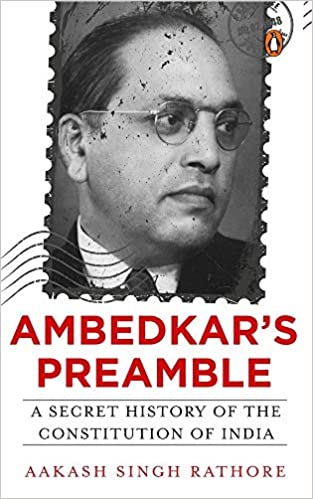For the last hundred years, Ambedkarite politics has been imperatively speaking to the people of India about the idea of constitutionalism. In 1919, while submitting a memorandum to the South Borough Commission on behalf of the Depressed Classes, Ambedkar had first proposed the conjoined ideas of equal citizenship, fundamental rights, free enjoyment of equal rights, the importance of adequate representation, and so on. Ambedkar’s constitutional politics is explicit in the ideals of Ambedkarite discourse as a strong pillar to fight against Brahminism, and to establish constitutional values of liberty, equality, fraternity, dignity, and justice.
Interestingly, that the scholarship on Indian constitutionalism is appealing to our contemporary political discourse becomes evident by the series of books written on the Indian Constitution that encapsulates the political tenacity of our present times. A People’s Constitution: Everyday Life of Law in the Indian Republic by Rohit De, The Transformative Constitution: A Radical Biography in Nine Acts by Goutam Bhatia, and India’s Founding Moment: The Constitution of a Most Surprising Democracy by Madhav Khosla articulate such a demand. In this context, Aakash Singh Rathore’s Ambedkar’s Preamble: A Secret History of the Constitution of India brings us a new dimension that challenges established scholarship on the making of the Preamble of the Indian Constitution.

